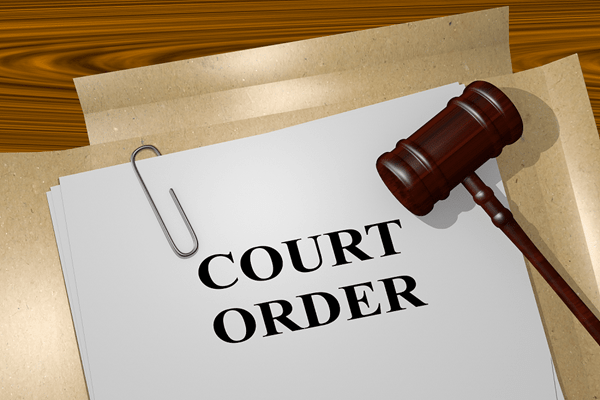Having someone owe you money is more than just frustrating. Sometimes it can have a serious impact on your own personal situation, leaving you high and dry despite the fact you’ve fulfilled your own end of the contractual agreement between you.
It becomes outright infuriating if you know where someone lives and you have their contact details, but they are just ignoring your requests for payment. There are steps you can take, but how do you get them enforced?
Often you’ll need external help. If you’re a north-west based business and you’re looking for private investigators in Chester or anywhere in the region to help you chase up owed payment, we can help. When it comes to Orders to Attend Court, we can ensure all the correct processes have been followed, so that you get the money you’re owed.
Count Court Judgements Explained
County Court Judgements (CCJs) are where a court has made a judgement that a debtor does, in fact, owe you the money and therefore has to pay it.
There are several steps involved in getting a CCJ against someone, potentially including mediation depending on whether or not the debtor is trying to claim they don’t actually owe you the money.
But a CCJ will essentially be a legally binding decision that tells the debtor they must pay you, and when they should pay you by.
Unfortunately even with CCJs, some people will refuse to pay up on time. They might think it’s worth the risk of the CCJ dropping off their file in six years’ time, and try to be evasive for as long as possible. If that’s the case, you might need to apply for an Order to Attend Court.
Orders to Attend Court
Refusal to pay when someone has a CCJ against them is a serious matter. Of course, there may be mitigating circumstances involved – the debtor might simply not have the money immediately, or they might have another reason for delaying payment.
Ultimately you, as the creditor, just want to know what’s going on and when you can expect for things to be made right. So you can force someone to attend court with these orders, which will mean they will have to explain to a judge why they aren’t paying.
Not only that, but they’ll need to provide a detailed breakdown of their financial situation, including their income, their outgoings, and any assets they have.
This will help the judge to decide on the next course of action, which could be enforcing sale of assets or, if you’re unlucky as a creditor, it could see the debtor be forced down a bankruptcy route.
Severity of Orders to Attend Court
An Order to Attend Court over unpaid CCJs is a serious matter. If someone refuses to attend court upon receiving the order, they can be held in civil contempt and ordered to pay immediately, or they can even be committed to prison. It’s absolutely not in the debtor’s best interests to try and ignore it.
For this reason, it’s absolutely paramount for the serving party to ensure that the order is properly delivered to the defendant. For that reason, courts will normally insist that an Order to Attend Court is served personally, rather than sent through the post or emailed.
Usually, a court won’t immediately commit someone to prison upon missing their first court date. Instead they’ll issue a Suspended Committal Order, which is basically a second chance – provided that the defendant attends a new date that’s set, and they have a good reason for missing the first date.
Again, these are seen as exceptionally important and therefore must be served in person, where possible.
For that reason, it’s usually best to hire the services of an experienced process server, such as our team of private investigators. We’re highly trained in locating anyone evasive, and in the actual processes involved in serving legal documents in a way that the courts approve of, including recording any necessary evidence.
Difficulties Serving
Sometimes even with hired process servers onboard, getting people to accept service can be tough. The experts can help you find the person and can make several attempts to serve, but they might just refuse to engage.
When that happens, the applicant is able to apply for an order to serve via letterbox. But this isn’t an automatic thing – you do need to specifically request it. To be successful, you’ll need to be able to present evidence from the process server that attempts have been made to carry out in-person service, and that these have been reasonable.
This is another reason why using a professional process server is key. We understand what would be classified as reasonable attempts, and we know how to document them in a way that courts will accept.
We also can help with the other requirement of an order to serve by letterbox, which is providing proof that the debtor does still live at that address. It’s no good serving a court order to someone in their letterbox if you can’t prove they live there.
Using a PI will mean that we can help to get you the evidence you need that they live at the address, but they are refusing personal service. And then you’ll be able to make progress with your court order, so that they will hopefully show up and you can get paid.
In Summary
You do have options available to you when you’re chasing a debtor, even when they try to ignore something as serious as a CCJ. However, as you start to get to the severity of the measures such as orders to attend court, it’s extremely important to use a professional process server when sending court documents to the debtor.
Need a process server in Warrington to help you get the money you’re owed? Give us a call on 01772 334700 and we can discuss your case with you.

